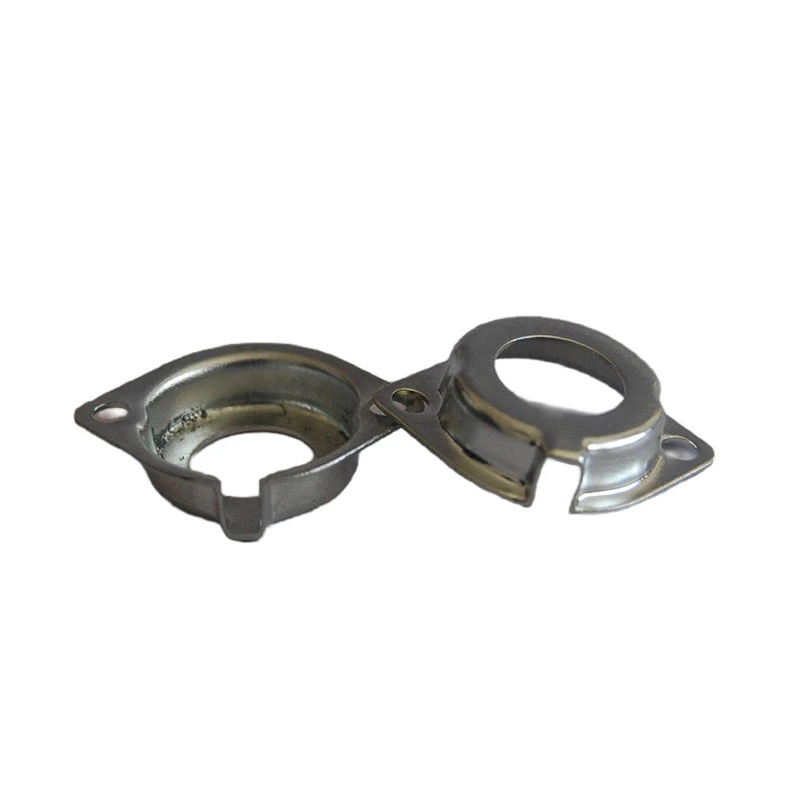Precision Control for High-Performance Ball Valve Applications in Various Industries
Precision Ball Valves A Comprehensive Overview
Precision ball valves are crucial components in various industrial applications, renowned for their reliability and efficiency in controlling the flow of fluids. These valves are particularly favored in sectors such as oil and gas, chemical processing, water treatment, and power generation for their ability to provide tight sealing and exact flow control. This article delves into the features, applications, benefits, and maintenance of precision ball valves, shedding light on why they are an integral part of modern fluid management systems.
Understanding Precision Ball Valves
A precision ball valve consists of a spherical disc (the ball) that rotates within the valve body to control fluid flow. The ball is engineered with a precision hole, and its alignment dictates whether the valve is open or closed. When the hole is in line with the pipe, fluid flows freely; when it is perpendicular, the flow is halted. The precise manufacturing of these components ensures minimal leakage and optimal performance under various pressure and temperature conditions.
Key Features
1. High Precision Engineering Precision ball valves are manufactured with meticulous attention to detail, enabling perfect alignment and tight seals. This ensures reduced leakage, which is critical in processes where fluid loss can lead to safety hazards or financial loss.
2. Durability These valves are often constructed from robust materials such as stainless steel or high-grade plastics, which resist corrosion and wear. This characteristic allows them to excel in harsh environments, extending their service life significantly.
3. Demand for Control The ability to finely control the flow rate of liquids or gases makes precision ball valves ideal for applications where careful regulation is necessary, such as in metering systems.
4. Compact Design Compared to other types of valves, precision ball valves are compact, facilitating easier installation and integration into existing systems without requiring excessive space.
5. Versatility They are suited for various media, including water, oil, gas, and aggressive chemicals, making them incredibly versatile across different industries.
Applications
Precision ball valves find applications in multiple sectors
- Oil and Gas Industry Here, they are used for controlling the flow of fuel, ensuring safe and efficient transport and processing of hydrocarbons.
- Chemical Processing In this sector, precision ball valves manage the flow of corrosive and reactive chemicals, ensuring safety and process efficiency.
- Water Treatment They are used to regulate the flow of water in treatment facilities, ensuring effective filtration and disinfection processes.
precision ball valve

- Power Generation Precision ball valves are critical for managing the flow of steam and cooling water, which is vital in maintaining efficient energy production.
Benefits
The advantages of using precision ball valves are numerous
- Leakage Prevention With their tight seals, these valves provide excellent leakage prevention, minimizing environmental impact and operational costs.
- Energy Efficiency By maintaining an optimal flow rate, precision ball valves contribute to the overall energy efficiency of the systems they are integrated into.
- Maintenance Ease Most precision ball valves are designed for easy maintenance, requiring minimal downtime for repairs and servicing. Many can be quickly disassembled and reassembled without complicated procedures.
- Cost-Effectiveness Although precision ball valves may have a higher initial cost compared to standard valves, their durability, reduced leakage, and lower maintenance needs translate to long-term savings.
Maintenance Considerations
To ensure the longevity and efficiency of precision ball valves, regular maintenance is essential. Key maintenance practices include
- Regular Inspection Frequent checks for signs of wear, corrosion, or leaks can help identify potential issues before they escalate.
- Cleaning Keeping the valve free from debris and build-up is crucial for maintaining performance.
- Lubrication Ensuring that moving parts are adequately lubricated can prevent wear and ensure smooth operation.
- Routine Testing Implementing a schedule for testing valve function can help in identifying any malfunctions early, thus reducing the risk of failure during critical operations.
Conclusion
Precision ball valves play an indispensable role in the management of fluid systems across various industries. Their exceptional sealing capabilities, durability, and precision make them the valve of choice for applications requiring reliable flow control. Understanding their features, applications, and maintenance needs will empower engineers and operators to select the right valves, enhancing system efficiency and safety. As technology advances, precision ball valves will continue to evolve, promising even greater reliability and performance in the future.
-
Precision Casting Prototypes and Engineering Inc – Innovating Global Manufacturing SolutionsNewsNov.24,2025
-
Precision Casting Facility: Advanced Manufacturing for Global Industries | Hairun SourcingNewsNov.23,2025
-
Leading Precision Casting Corporation: Quality Metal Components for Global IndustryNewsNov.23,2025
-
Precision Cast Rods: Definition, Applications & Future Trends in ManufacturingNewsNov.22,2025
-
Precision Cast Iron Surface Plate: The Backbone of Industrial Accuracy and QualityNewsNov.21,2025
-
Precision Aluminum Investment Casting: High-Accuracy Manufacturing for Modern IndustriesNewsNov.20,2025















